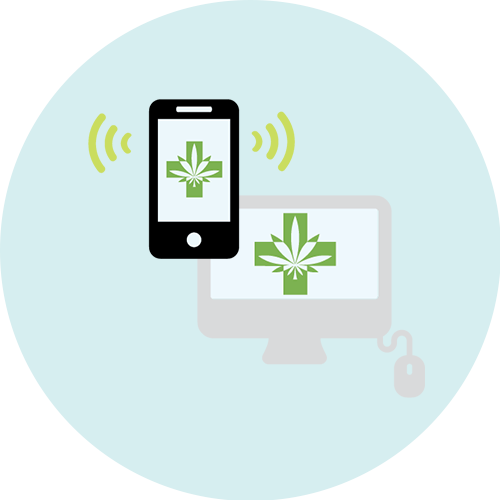Medical Marijuana
Access For All
Medical Cannabis Access Simplified

How Medical Marijuana Access Works
Access Medical Cannabis in 3 Easy Steps
Our Partners
We’re proud partners of more than a dozen of Canada's top Licensed Producer’s, connecting our patients with the highest industry standard medical cannabis.
Our Medical Marijuana Consulting Services
We take a holistic approach to prescribing medical cannabis:




Am I Eligible for a Medical Marijuana License/Prescription
Medical cannabis can provide relief for:
Chronic Pain
Cancer Treatment
Anxiety/ Depression
Sleep Disorders
Stress
Inflammation
Epilepsy
Fibromyalgia
Autoimmune Disorder
Arthritis
ADHD
Back Pain
Migraines
Multiple Sclerosis
PTSD
& much more..
Healthcare Partners
MMC is privileged to work with partners throughout the patient journey, including legal teams, rehabilitation teams, individual practitioners and insurance providers.



